10 Essential Things to Know Before Buying a Home
Buying a home is one of the most exciting—and significant—investments you’ll ever make. Whether you're a first-time homebuyer or it's been a while since your last purchase, it's essential to go in prepared. Understanding the homebuying process helps ensure a smooth transaction and can potentially save you time, money, and stress.
Here are 10 important things to know before you start your homebuying journey:
1. Know What You Can Afford
Before you fall in love with a property, take a close look at your finances. Consider not just the mortgage, but also taxes, insurance, and potential repairs or HOA fees. Getting pre-approved for a mortgage will give you a clear idea of your price range and make you a more competitive buyer.
2. Your Credit Matters
Your credit score plays a big role in determining your mortgage rate and eligibility. Check your credit reports and scores early, and take steps to pay down debt, resolve discrepancies, or improve your credit standing if needed.
3. Find the Right Real Estate Professional
A trusted real estate agent is your biggest asset in this process. They’ll help you understand the market, negotiate on your behalf, and guide you through each step of the transaction. Look for someone who knows the local area and has a strong track record of working with buyers like you.
4. Understand the Market You’re Buying In
Real estate markets vary by location and season. A local agent can help you understand trends in pricing, inventory, and how competitive the landscape is. Knowing whether it’s a buyer’s or seller’s market will influence how you approach offers and negotiations.
5. Make a List of Must-Haves vs. Nice-to-Haves
You may not find a home that checks every single box, so define your priorities clearly. What are your non-negotiables? What can you compromise on? This will help you make smart decisions and avoid emotional purchases.
6. Be Ready for More Than Just the Purchase Price
Closing costs, inspections, appraisals, moving expenses, and future maintenance are all part of the real cost of buying a home. Budgeting for these ahead of time can help you avoid surprises.
7. Location Still Reigns Supreme
You can change a home’s layout, finishes, or landscaping—but you can’t move it. Be thoughtful about the location, commute times, schools, and neighborhood vibe. These factors not only impact your lifestyle but your future resale value as well.
8. Home Inspections Are Crucial
Never skip the inspection. A qualified inspector can uncover issues you may not see during a walkthrough, from roof damage to plumbing problems. Knowing the condition of the home protects you from costly surprises later.
9. Think Long-Term
Is this a starter home, or do you plan to stay for years? Consider your lifestyle, future family plans, job stability, and how long you want to remain in the area. Real estate is a long-term investment—make sure it fits your vision.
10. Stay Emotionally Grounded
It’s easy to get swept up in bidding wars or fall in love with the aesthetics of a home. Try to stay objective and lean on your agent to provide clear-eyed advice. A calm, informed buyer is a successful buyer.
Ready to Start House Hunting?
Buying a home can feel overwhelming, but you don’t have to navigate it alone. As a local real estate expert, I'm here to guide you through the process, connect you with trusted lenders and inspectors, and help you find the right home for your needs and budget.
Let’s start your journey toward homeownership—reach out today to schedule your free consultation.

